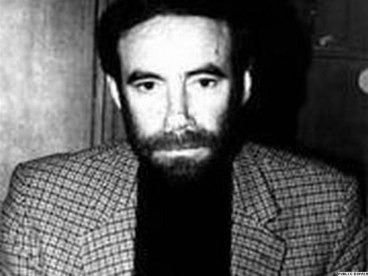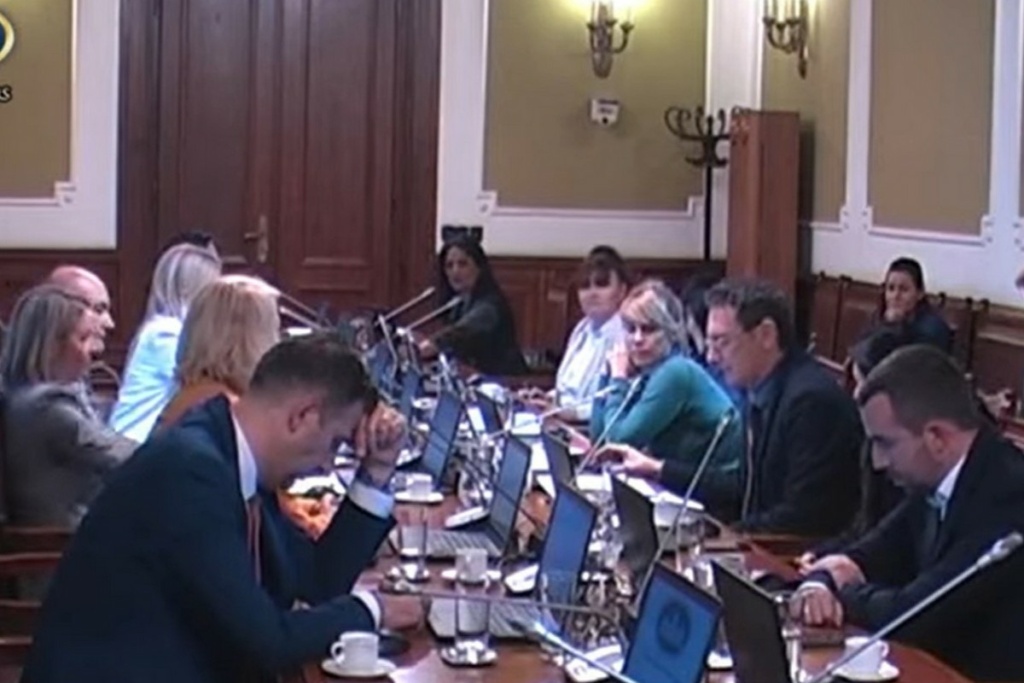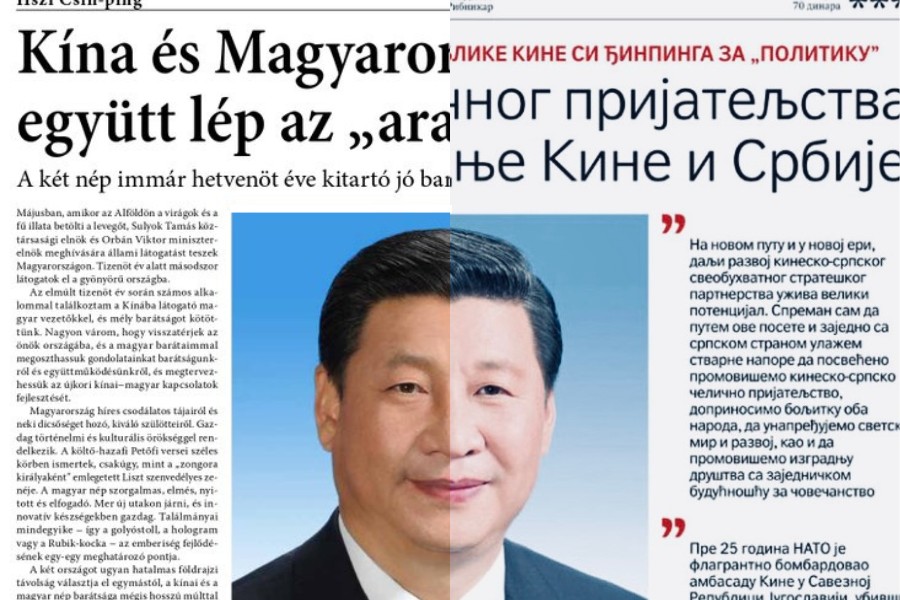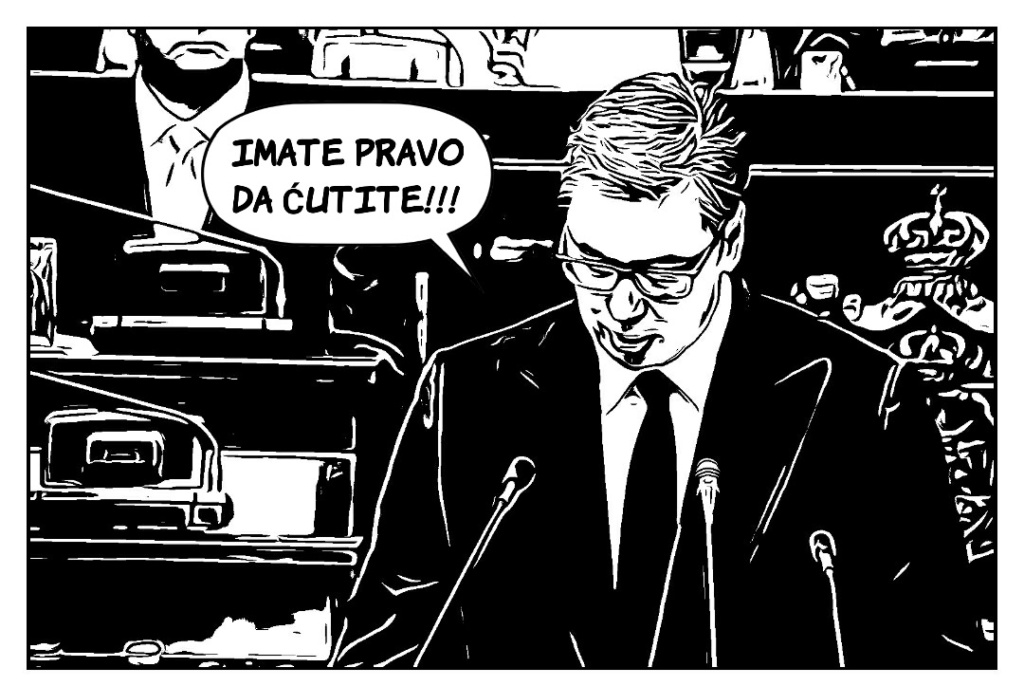That gruesome picture at the entrance to the building in Branko Radičević Street, the body of Milan Pantić motionless in a pool of blood and a loaf of bread next to his head, is a tragic picture of a humble journalist who was doing his job in the most honest way and whose life was brutally taken away because he uncovered “uncomfortable” truths.
June 11, 2023 marks the anniversary of 22 years of a crime and 22 years of impunity. It is the anniversary of a crime against a local journalist working to expose lies, injustices and corruption, yet without the protection of the spotlight and attention of the national audience of a big city. This work is the motivation and the lifeblood of our profession.
Local investigative journalism is, in many ways, the most difficult and the most dangerous. Exposed to local pathologies with journalists every day facing on the street, the very people about whose deeds and misdeeds they write.
That takes a special level of courage and stamina.
Veran Matić, Chairman of the Commission for Investigating Murders of Journalists in Serbia, recalls that Milan Pantić’s articles were a vivid chronicle of Jagodina and its surroundings, and that today there are almost no such journalists and little such journalism.
The murder of Pantić did not only silence one voice, it silenced many. „And the killers succeeded in that, too,“ Matić concludes.
Killers were contracted
„Someone contracted the murder. The killers hired to murder Milan Pantić are serious criminals who are still active. It is completely clear that it is about protecting a corrupt chain that is known and connected to the top institutions of the government. A globally known company privatized the Novi Popovac cement plant through corrupt practices, which certainly had an impact on the concealment of corruption, but also indirectly on the concealment of crimes, because Milan Pantić wrote most seriously about that privatization,” says Veran Matić.
He points out: “His writing could potentially cause dissatisfaction among workers and the then director complained about this to government representatives on the Board of Directors. They promised that they would take care of the matter. And the ‘matter’ was solved even before the privatization was completed. Our colleague was killed.“
The Commission for Investigating Murders of Journalists in Serbia was established in 2013. Seven working groups of the Ministry of Interior dealt with the investigation of the murder of journalist Milan Pantić for 12 years, before the Commission was established. Every 18 months, new teams were formed, yet none gave any results.
“The whole process was more a simulation of an investigation than professional work,” concludes Matić.
He explains: „At the very beginning of the investigation, potential witnesses were deliberately not interviewed. No one checked Milan Pantić’s mobile phone, nor looked at the articles he wrote months before the killing to analyze possible motives. The then Minister of Interior, Dragan Jočić, stated during the investigation that the journalist should not have been killed, but only intimidated. But it happened, he was killed. And then the rumor has it that Pantić was in a poor state of health, which would mean that he himself was ‘guilty’ of his own death, because if he had not been in a weak state of health, then it could be said that minor bodily injuries were involved, and it would have been possible to shed light on the attack.”
At the Congress of the International Federation of Journalists (IFJ) in Oman in 2022, a Resolution was unanimously adopted, which calls for an efficient judicial procedure and the engagement of the Serbian Prosecutor’s Office for Organized Crime, so that after more than two decades, the masterminds and murderers of journalist Milan Pantić are identified and punished.
Matić, frustrated by the wall of silence from judicial authorities, took it a step further in 2022 and made public additional information about the potential instigators and perpetrators of the murder.
But that did not help the truth to be heard. After all the efforts and evidence collected by the Commission for Investigating Murders of Journalists, and many years of appeals by the media community, the Prosecutor’s Office for Organized Crime has not yet filed an indictment for this crime.
“I cannot explain the lack of will and desire to solve this case, the refusal to examine all the collected evidence, to include all those who have knowledge of this murder, to open the case of predatory privatization. Perhaps the answer lies in the fact that all actors are today too rich and possess power that is stronger than that of the System itself. That the protectors of the participants in this privatization and murder are so powerful that they managed to secure protection in every government,” Matić highlights, further describing and appealing:
“We do not have the cooperation of the authorities to such an extent that I think that if we had brought the entire team to confess to the murder, we would not have had a verdict. We have to find a new way to resolve the investigation into the murder of journalist Milan Pantić, and we need international cooperation and help here“.
Torchbearer
When journalist Milan Pantić was killed, he was 46 years old. A colleague and friend, Branislav Jovanović, will never forget June 11, 2001, when he heard the tragic news that shocked everyone in Jagodina.
„We were all paralyzed by that news,” he recalls.
“Milan was friendly, energetic and well-liked. He started his professional career young. He was a correspondent from Rekovac [a small town located in the center of the country] for weekly Novi put and then he moved to Jagodina and started working as a local journalist for a national daily Večernje novosti. Milan was always well informed and in the lead. He mostly wrote about economic crime in our district and court chronicles. That is how he gained the authority and reputation of a worthy representative of the ‘Fourth Estate’,“ Jovanović adds.
While Milan Pantić’s articles attracted a lot of attention, they often caused problems for the author as well, according to Jovanović.
„It is known that he was stopped on the street and menacingly told to stop writing. They knew how to hurl abuse at him from a passing car, and sometimes they rang the doorbell of his apartment. He devoted most of his articles to the Jagodina brewery and the Novi Popovac cement factory. Both companies were being prepared for privatization and their management were the subject of several court cases at the time due to suspicions of business malpractice. Milan followed all this closely, reporting to the public, not fearing that it could put him in danger”.
They couldn’t intimidate Milan Pantić, a local journalist and a torchbearer of the truth for everyone who read his articles. In the end, he was killed.
In his memory, the publication he worked for, Večerenje Novosti, marks his killing anniversary by granting an award for journalistic courage named after „Milan Pantić“. On that day, Serbian journalists gather in Jagodina to commemorate and honor their murdered colleague.
Every year Branislav Jovanović is there, at the place where his friend and colleague was murdered:
„We have to believe that one day we will find out who ordered the killing of a journalist who was just doing his job the best he could. And he could do a lot and he proved it for years”.
To the discomfort of certain people…
This article has been written by investigative journalist Jelena L. Petković. She has been working for many years on combating impunity for crimes against journalists and has over many years conducted research into the killing and disappearance of journalists in Kosovo. She has conducted interviews with more than 200 interlocutors: relatives, colleagues, acquaintances and members of international missions, disclosing new information on the disappearances and killings.




 Medijski amandmani umiru u skupštinskom mraku: Noćno zasedanje Odbora, u četiri čina
Medijski amandmani umiru u skupštinskom mraku: Noćno zasedanje Odbora, u četiri čina Deset medijskih sporazuma za „zajedničku budućnost” sa Kinom, zemljom cenzure i progona novinara
Deset medijskih sporazuma za „zajedničku budućnost” sa Kinom, zemljom cenzure i progona novinara Snaga dobre priče: O mitologiji medija
Snaga dobre priče: O mitologiji medija
Ostavljanje komentara je privremeno obustavljeno iz tehničkih razloga. Hvala na razumevanju.